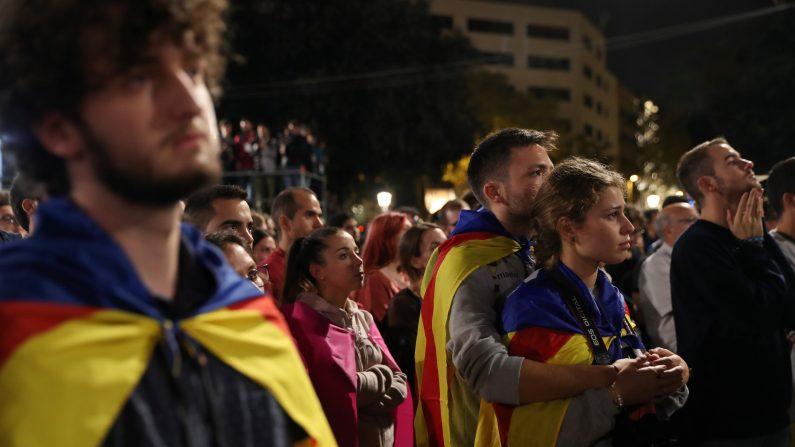The post-colonial right of all peoples to self-determination and sovereignty is a key principle of contemporary international law and is binding in theory today on all world governments under the United Nations Charter of 1945.
Political leaders as different as American president Woodrow Wilson and Russian leader Vladimir Lenin supported the concept at the end of World War 1. In the 1920s and 30s, a number of countries, including Canada, New Zealand, Ireland, Australia, South Africa, and Lebanon, obtained sovereignty. The trend accelerated in the 1960s with independence being extended to 37 former colonies as new nations with UN General Assembly support. Colonial administrative boundaries became national ones even if they had little relevance to ethno-cultural and linguistic divisions.





